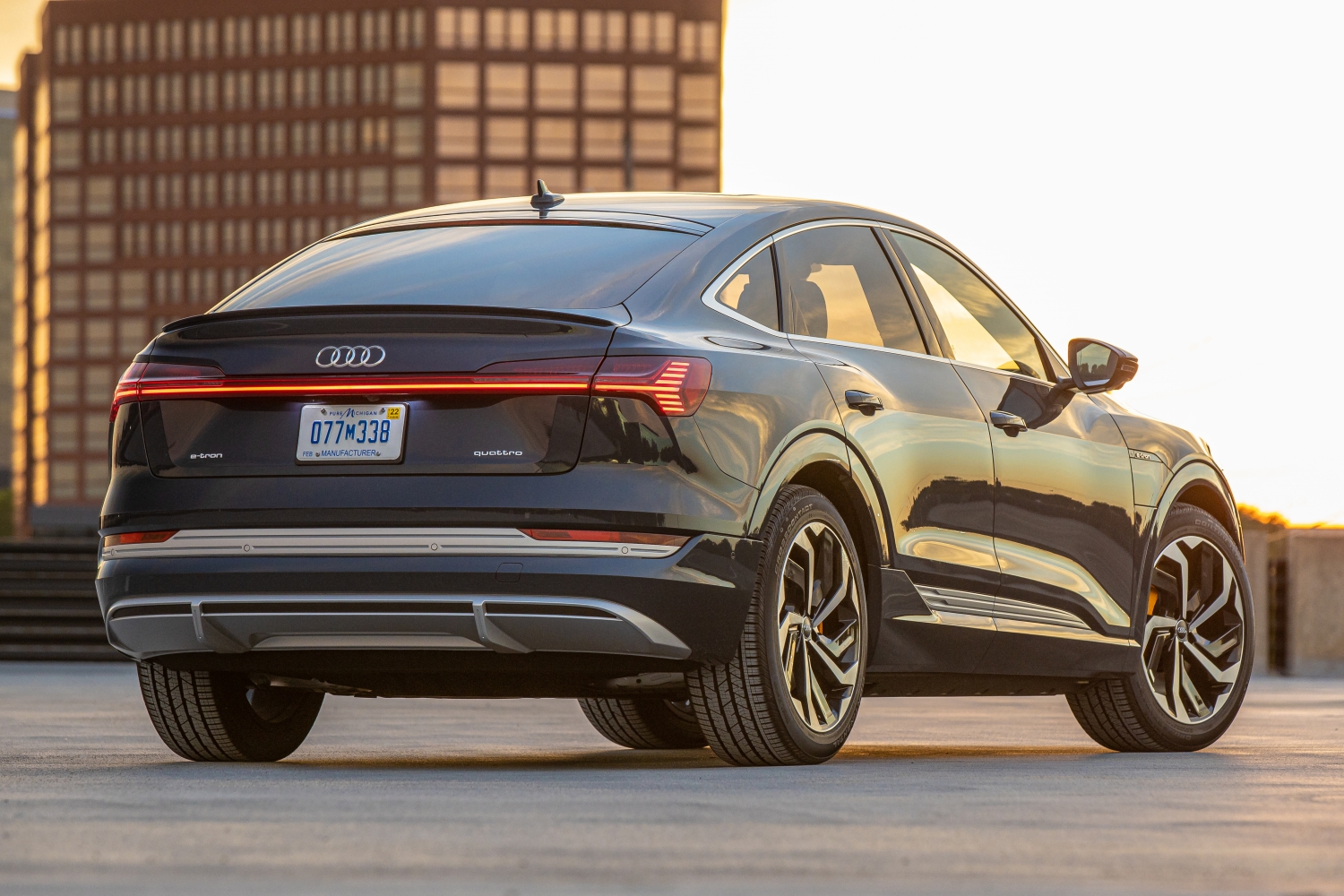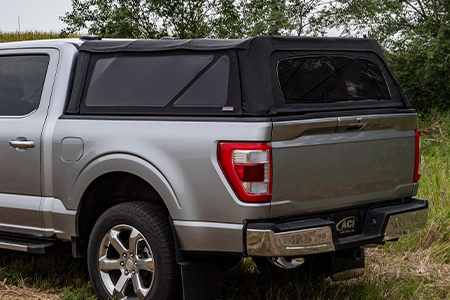As a car owner, you know the importance of having car insurance to protect your vehicle in case of accidents or other incidents. But what about when you’re leasing a car? Do you need special insurance to cover your leased vehicle? In this article, we’ll answer all your questions about leasing a car insurance, including what it is, what it covers, and how to get the best insurance for your leased vehicle.
Table of Contents
- What is lease car insurance?
- Is lease car insurance mandatory?
- What does lease car insurance cover?
- What are the different types of lease car insurance?
- Gap insurance
- Liability insurance
- Collision insurance
- Comprehensive insurance
- How much does lease car insurance cost?
- How to choose the best lease car insurance?
- Consider your driving habits
- Compare insurance quotes
- Read the policy details carefully
- What happens if you don’t have lease car insurance?
- Can you change your lease car insurance?
- How to file a claim with your lease car insurance?
- How to cancel lease car insurance?
- Frequently Asked Questions
- Is lease car insurance cheaper than regular car insurance?
- Can I get lease car insurance if I have bad credit?
- What happens if my leased car is stolen or totaled?
- Does lease car insurance cover rental cars?
- Can I transfer my lease car insurance to another car?
What is Lease Car Insurance?
Lease car insurance is a type of auto insurance policy that is designed specifically for leased vehicles. It provides coverage for damages or losses to the leased vehicle, as well as liability coverage for any damages or injuries you may cause to other people or their property while driving the leased car.
Is Lease Car Insurance Mandatory?
Yes, lease car insurance is mandatory. When you lease a car, the leasing company requires you to have auto insurance that meets their specific requirements. Most leasing companies require you to have liability insurance, collision insurance, and comprehensive insurance with minimum coverage limits. Failure to maintain the required insurance coverage can result in penalties, termination of your lease agreement, and even legal action.
What Does Lease Car Insurance Cover?
Lease car insurance covers a range of damages and losses that can occur while driving a leased vehicle. The coverage typically includes:
- Liability coverage: This covers damages or injuries that you may cause to other people or their property while driving the leased car.
- Collision coverage: This covers damages to the leased vehicle in case of a collision with another car or object.
- Comprehensive coverage: This covers damages to the leased car due to theft, vandalism, fire, or natural disasters.
What are the Different Types of Lease Car Insurance?
There are several types of lease car insurance coverage available, including:
Gap Insurance
Gap insurance is a type of insurance that covers the difference between the value of the leased car and the amount you owe on your lease agreement in case of a total loss. This is important because the insurance company will only pay the actual cash value of the car, which may be less than what you owe on the lease.
Liability Insurance
Liability insurance covers damages or injuries that you may cause to other people or their property while driving the leased car. Most states require you to have liability insurance with minimum coverage limits.
Collision Insurance
Collision insurance covers damages to the leased car in case of a collision with another car or object. This coverage is typically required by leasing companies.
Comprehensive Insurance
Comprehensive insurance covers damages to the leased car due to theft, vandalism, fire, or natural disasters. This coverage is also typically required by leasing companies.
How Much Does Lease Car Insurance Cost?
The cost of lease car insurance can vary depending on several factors, such as the make and model of the leased vehicle, your driving history, and the coverage limits you choose. On average, lease car insurance can cost anywhere from $50 to $200 per month. However, it’s important to note that some leasing companies may include the cost of insurance in your monthly lease payments, so be sure to check with your leasing company to see if this is an option.
How to Choose the Best Lease Car Insurance?
Choosing the best lease car insurance can be overwhelming, but here are some tips to help you make the right choice:
Consider Your Driving Habits
When choosing lease car insurance, consider your driving habits and the amount of time you spend on the road. If you have a long commute or frequently drive in high traffic areas, you may want to consider higher coverage limits to protect yourself in case of an accident.
Compare Insurance Quotes
It’s always a good idea to shop around and compare insurance quotes from different providers to get the best rates. Be sure to compare apples-to-apples by comparing the same coverage limits and deductibles.
Read the Policy Details Carefully
Before choosing a lease car insurance policy, be sure to read the policy details carefully to understand what is covered and what is not covered. Be sure to ask questions if there is anything you don’t understand.
What Happens if You Don’t Have Lease Car Insurance?
If you don’t have lease car insurance, you may be in violation of your lease agreement and may face penalties or legal action. Additionally, if you get into an accident while driving the leased car and do not have insurance, you may be held personally liable for any damages or injuries.
Can You Change Your Lease Car Insurance?
Yes, you can change your lease car insurance at any time, but it’s important to check with your leasing company first to ensure that your new insurance policy meets their requirements. Additionally, be sure to cancel your old policy before starting a new one to avoid any lapses in coverage.
How to File a Claim with Your Lease Car Insurance?
If you need to file a claim with your lease car insurance, be sure to contact your insurance provider as soon as possible to report the incident. Be prepared to provide details about the incident, such as the date, time, and location, as well as any photos or witness statements.
How to Cancel Lease Car Insurance?
If you need to cancel your lease car insurance, contact your insurance provider and follow their specific instructions for cancelling your policy. Be sure to cancel your old policy before starting a new one to avoid any lapses in coverage.
Conclusion
Lease car insurance is mandatory when leasing a vehicle, but it doesn’t have to be overwhelming. By understanding what lease car insurance is, what it covers, and how to choose the best policy for your needs, you can protect yourself and your leased vehicle. Be sure to shop around and compare quotes to get the best rates, and always read the policy details carefully to understand what is covered and what is not covered.
Frequently Asked Questions
Is lease car insurance cheaper than regular car insurance?
Lease car insurance can be more expensive than regular car insurance, as leasing companies typically require higher coverage limits.
Can I get lease car insurance if I have bad credit?
Yes, you can still get lease car insurance if you have bad credit, but you may have to pay higher rates.
What happens if my leased car is stolen or totaled?
If your leased car is stolen or totaled, your insurance provider will pay the actual cash value of the car, which may be less than what you owe on your lease agreement. Gap insurance can help cover the difference.
Does lease car insurance cover rental cars?
Lease car insurance typically does not cover rental cars. If you need insurance coverage for a rental car, you may need to purchase a separate rental car insurance policy.
What is gap insurance?
Gap insurance is a type of insurance that covers the difference between what you owe on your lease agreement and the actual cash value of the car if it is stolen or totaled. This can be helpful if the actual cash value of the car is less than what you owe on your lease agreement.
Can I change my lease car insurance provider?
Yes, you can change your lease car insurance provider at any time, but be sure to check with your leasing company first to ensure that your new policy meets their requirements.







